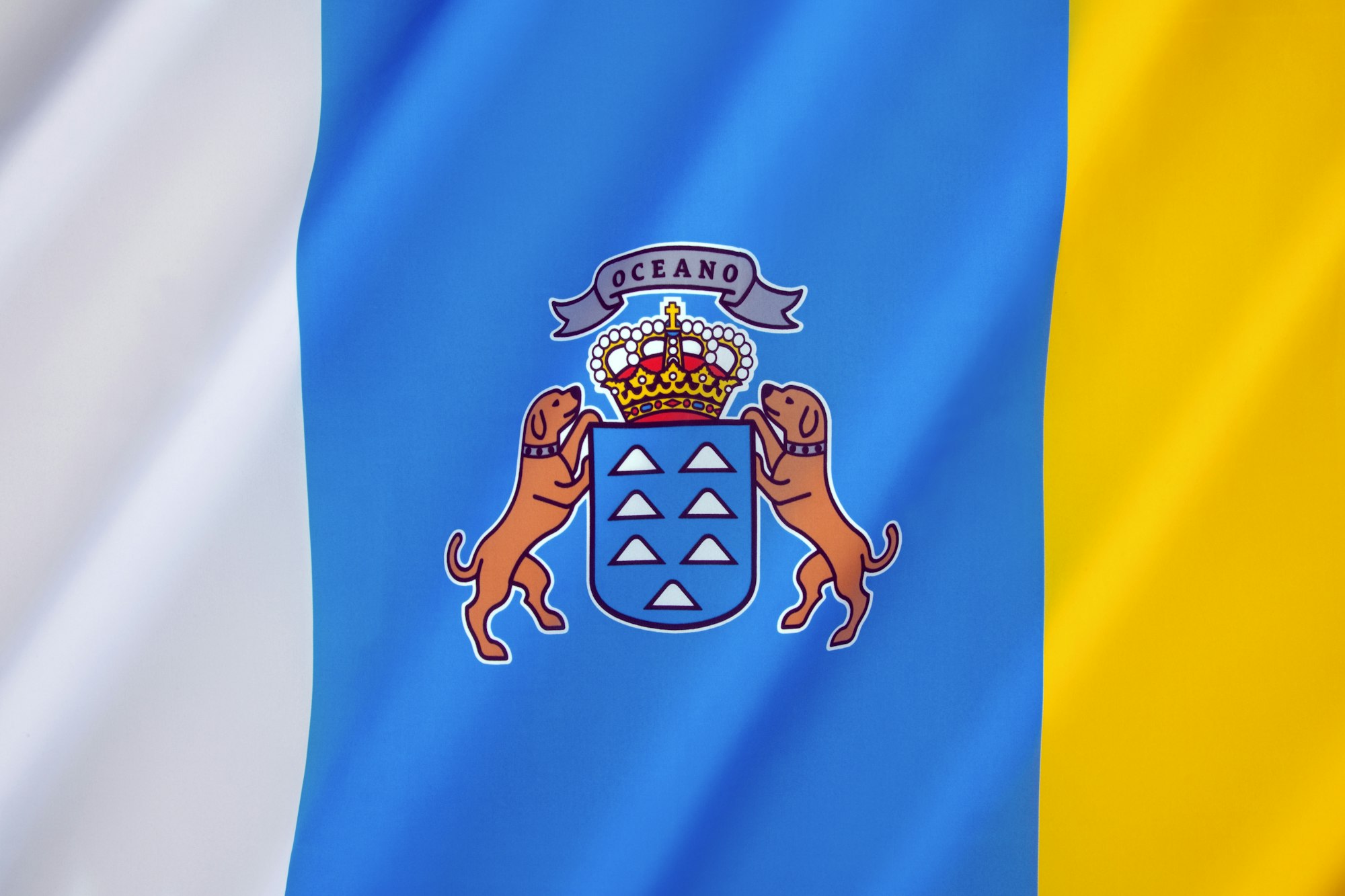The Big Picture
On a recent Saturday, a huge crowd of people hit the streets in the Canary Islands, showing they’re pretty fed up with how too much tourism is messing things up there. The biggest gathering was in Santa Cruz de Tenerife, where locals were holding signs like “Tourist – respect my land!” and pointing out that there’s a limit to how many visitors their home can take.

Why They’re Protesting
Tourism is a huge deal in the Canary Islands, making up 35% of their economy and providing 40% of the jobs. But, in 2023, the islands saw 13.9 million tourists – that’s six times their population of 2.2 million people. While tourists are good for the economy, the locals are starting to feel the negative sides more and more.
Money Talks, But…
Tourists mainly come from the UK, Germany, and mainland Spain, drawn by the beautiful beaches and sunny weather. However, this focus on tourism is sidelining other economic opportunities and making the islands too dependent on the ups and downs of global tourism trends.
The Downside
The environment is taking a hit with things like water shortages getting worse because of climate change. Plus, the rush of tourists is making life expensive and hard to find a place to live for the locals, pushing the poverty rate up to 34% – the second highest in Spain.
What the Protesters Want
The people protesting are calling for a new approach to tourism that puts a cap on how many tourists can visit and keeps a tight leash on new construction projects. They’re looking for a way to make tourism work without trashing the environment or leaving the locals behind.
Their Demands
They’re asking for:
- No more new hotels or beach resorts, especially after a fuss over a new project in south Tenerife.
- Rules to stop too much development and make sure tourism actually helps the local economy without overburdening the islands’ resources or people.
From Someone Who Was There
Lydia Morales, one of the protesters, laid it out clearly: “The biggest issue is this relentless focus on attracting masses of tourists. It’s wrecking the island and making life tough for those of us who live here. We feel like we’re being pushed out, ignored by politicians who just want to keep building more tourist spots.”
So, that’s the scoop: a lot of folks in the Canary Islands are standing up against the negative impacts of mass tourism, pushing for a more balanced and sustainable way of welcoming visitors.

Frequently Asked Questions About the Canary Islands Protests Against Mass Tourism
1. Why are people in the Canary Islands protesting against tourism?
The main reason for the protests is the overwhelming number of tourists visiting the Canary Islands each year, which locals feel is causing environmental damage, increasing the cost of living, and making housing unaffordable. Protesters are worried that their home is turning into a tourist-only zone and losing its local culture and livability.
2. What are the economic effects of tourism in the Canary Islands?
Tourism is a major part of the Canary Islands’ economy, accounting for 35% of the GDP and providing 40% of the jobs. While it brings in a lot of money, the reliance on tourism makes the local economy very vulnerable to fluctuations in global travel trends and doesn’t encourage diverse economic development.
3. What are the environmental concerns associated with the current tourism model?
The current model of mass tourism is putting a strain on the environment, particularly with issues like water shortages, which are exacerbated by the increased demand from tourists and worsened by climate change. The heavy construction of new hotels and resorts is also a major concern, as it threatens local ecosystems.
4. What changes are the protesters demanding?
Protesters are calling for:
- A halt on new hotel and resort constructions to prevent overdevelopment.
- Stricter regulations that ensure tourism developments are sustainable and beneficial to local residents without exhausting resources.
- A model of tourism that limits the number of tourists to a sustainable level.
5. How might these protests affect future tourism in the Canary Islands?
If the demands of the protesters are met, future tourism in the Canary Islands might become more regulated, which could mean fewer tourists each year but potentially a better experience for those who do visit. The focus would likely shift towards quality rather than quantity, aiming to preserve the islands’ natural beauty and ensure the tourism industry benefits both visitors and locals alike.
Sources BBC


